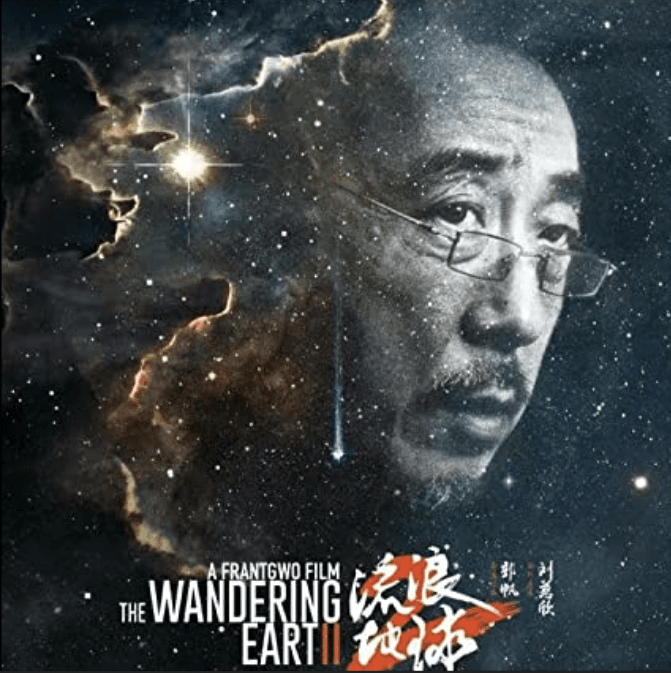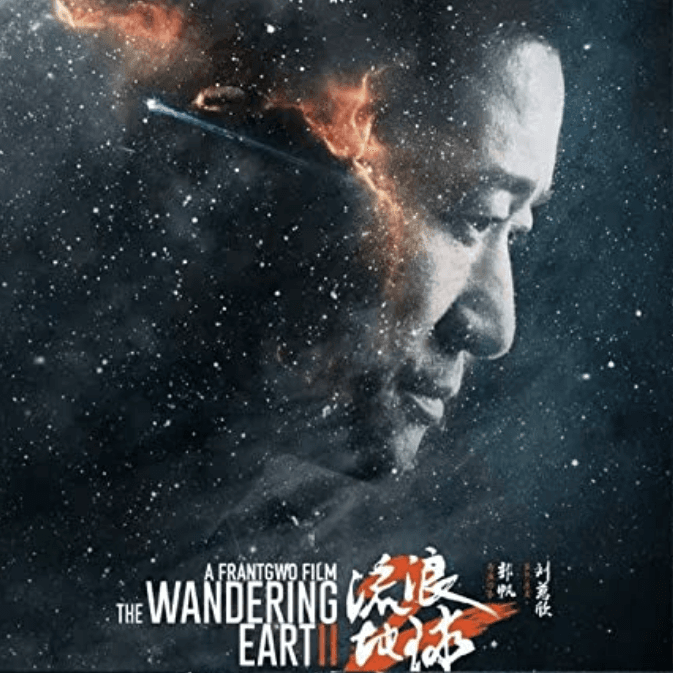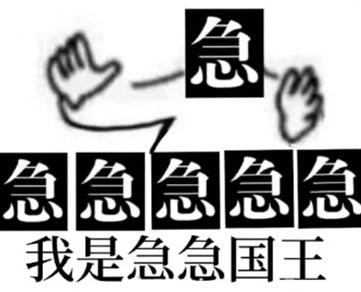Warning: Contains spoilers for Xenoblade Chronicles 3 and The Wandering Earth 2
If you have a small screen, it's not too late to close it now
I knew it, this is a New Year without any festive atmosphere, why am I discussing the end of the world?
The direct reason is that I watched The Wandering Earth 2 on the fourth day of the Lunar New Year, and the indirect reason is that I recently completed Xenoblade Chronicles 3. So, I'm not just randomly talking about these two works together, it just happened that I came into contact with these two works in a short period of time, and there is a slight connection in terms of insights.
Xenoblade Chronicles 3#
Xenoblade Chronicles 3 is probably the only JRPG I've played in recent years, the last one was probably P5. Although I have forgotten most of the details about Xenoblade Chronicles 2, I have a lot of grievances towards it. I remember the setting was very complicated and the ending was unclear, and I didn't like the male protagonist, etc.
But Xenoblade Chronicles 3 is much clearer:
The first layer, a group of "people" created by the "Archons" are given the duty to constantly fight, using methods like ascending and sending off to prevent the "people" from escaping the cycle of battle. They do not know that they can live a better life without fighting, they only use their ten-year lifespan to fight for their factions. By chance, the protagonist and his group learn that they don't need to fight to live, they can have a normal life, which is filled with reverence for life.
The second layer, the battles are not (at least not entirely) for the amusement of the Archons, but to maintain a fragile "static" world, because their world is on the brink of doomsday, and Z is the one who keeps the world frozen and running. Mòbius becomes Mòbius for a reason, but it is obvious that N has the same purpose, to maintain their fragile relationship with M. However, there is no way around it, M is a wise person, a stagnant life is not beautiful, and life only highlights its meaning because of its limited length.
The third layer, it is ultimately revealed that Z is the "fear" of people, the fear of the world's destruction leads to the formation of the "static world", and every person is a part of Z's power. But in the end, without a doubt, the protagonist and his group choose to break through this seemingly stable eternity and embrace the future, which is a very righteous plot.
So, the main themes that I have extracted are:
- Love peace, revere life, break free from the shackles of birth
- Life is not eternal, the transmission of life has its romance
- Reject stagnation, dispel fear, believe in the future
The Wandering Earth 2#
And then there's The Wandering Earth 2, I didn't originally plan to watch it... but it received rave reviews, so I had to watch it. Watching it in the cinema is a different experience from watching it at home, and I haven't been to the movies in three years due to the pandemic, so this is an opportunity, I won't lose anything by watching it! If it turns out to be bad, then I can criticize it (laughs)
After watching it, I can say that the reviews were not exaggerated, it is completely on a different level from the first one. I watched it with high expectations, and it did meet those expectations. If the expectations are based on the first movie, then this one is truly an exceptional masterpiece. The content is rich and compact, the background music can evoke emotions, and the visual effects are also good. The only drawback is that the "disasters" occur too frequently, one after another. Yes, the content is compact, but it's too compact, it doesn't give the audience a chance to breathe, it makes people feel a bit numb. Before watching it, people said that there are no bathroom breaks for three hours, but I think the elevator battle at the beginning could have been a bathroom break, and the moon crisis that follows is really mind-boggling.
As I mentioned earlier, the reason I mentioned Xenoblade Chronicles 3 and The Wandering Earth 2 together, besides the coincidence of timing, is that some of the points mentioned above happen to touch on some of the plot points in The Wandering Earth 2. It can be seen that there are not many themes that can be used in works of art (a bold statement).
The conflict between the Digitalists and the Wanderers hinders the progress of the wandering process, and I can understand the Digitalists to a certain extent, but the Digitalists are basically a dead end, once you enter, the real world is gone. The concept of wandering in the story is a feasible and romantic method, and throughout the story, apart from the elevator battle, humanity is striving towards the direction of wandering. This kind of peace is truly precious, there must always be peace for humanity to prosper. I say it's a romantic method because I really don't think humans can be so united at that time... humans are so complex, there will always be different thoughts, in other words, humans cannot understand each other, once this world-wide cooperation is infiltrated by other factions, there will only be a destructive ending, and it is very likely that no one will benefit from it.

Life is not eternal, this is Ma Zhao's philosophy (let's assume he's not pretending for now, but... I'll talk about it later). I personally really like it. If consciousness can enter the digital world and achieve eternity, and enjoy infinite pleasure, then does happiness need to be redefined? Isn't happiness also contrasted by troubles? Then someone might say, what if the digital world actively adds some troubles to you, would that be enough? Maybe it can work in the short term, but after experiencing hundreds or thousands of years, wouldn't you get tired of it? On the other hand, if you have unlimited time, how can you have the motivation to do something seriously? Humans have procrastinated with just this much time, let alone unlimited time.
Later, I chatted with some friends in the group, and there was a discussion about Ma Zhao and MOSS. Although there is some truth to it, especially with the Mòbius Testament (oh no, I'm linking it to Xenoblade Chronicles 3 again), doesn't that mean he wants eternity?! If he is really the mastermind, then forget what I said earlier... I personally cannot accept it emotionally, I went from being ideologically aligned with him to seeing him as a hypocrite.

Finally, the point of believing in the future is directly expressed by Liu Peiqiang. No matter how disappointed MOSS is with the future of humanity, there will always be someone who believes in the future and works towards it, which is very romantic. When talking about the two to three thousand years of the wandering plan, it is filled with an epic feeling. Although I am the kind of person who "doesn't hold hope," I can still feel that hope. I used to be the kind of person who tried to rationalize everything in movies with reality, but later I understood, let go of reason and just feel it, it's nice to be a bit romantic.
Hope is a precious thing in that era, like a diamond.
What will MOSS do to manipulate humanity next? Who sent the nuclear bomb information? Why is Premier Zhou so confident that Beijing can connect? How will they deal with the helium flash crisis? Looking forward to The Wandering Earth 3, but if 1 was in 2019 and 2 was in 2023, then 3 might not be until 2027, that's a bit long, I'm so impatient!

P.S. If you don't drive properly, your loved ones will shed tears, isn't this referring to Tu Hengyu (doge meme)?
Original article: https://ssshooter.com/2023-01-25-world-end/